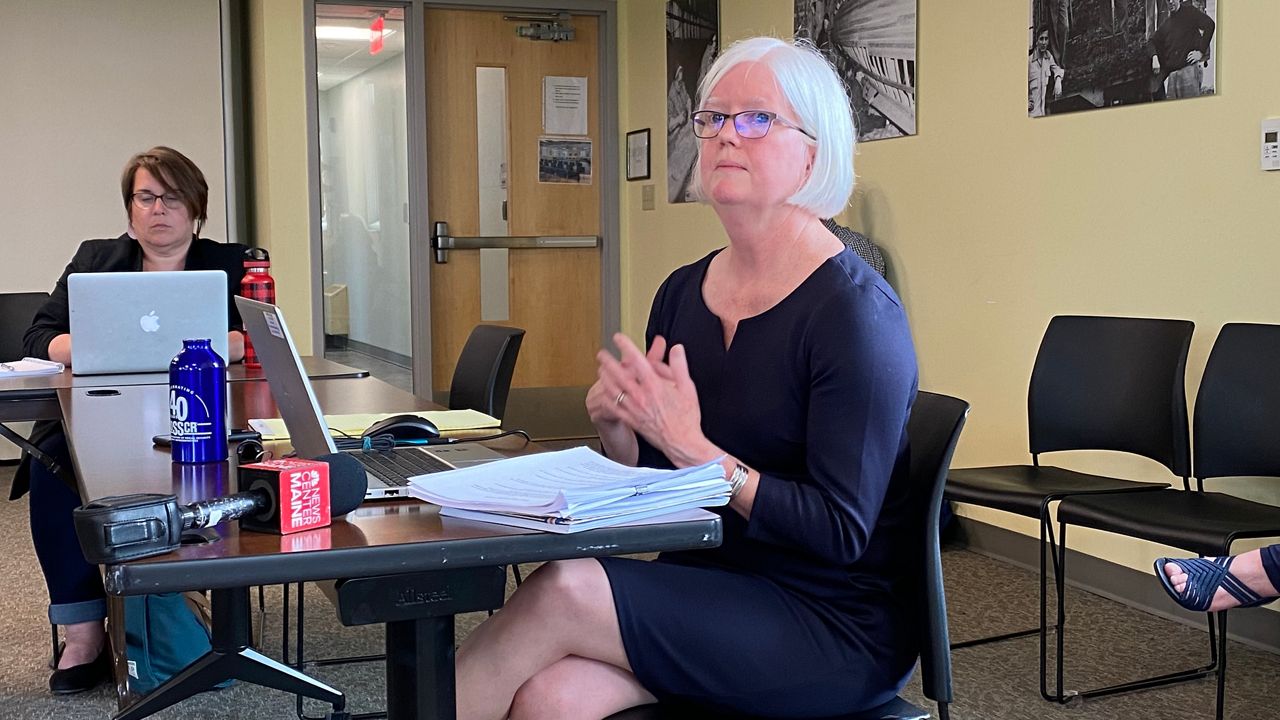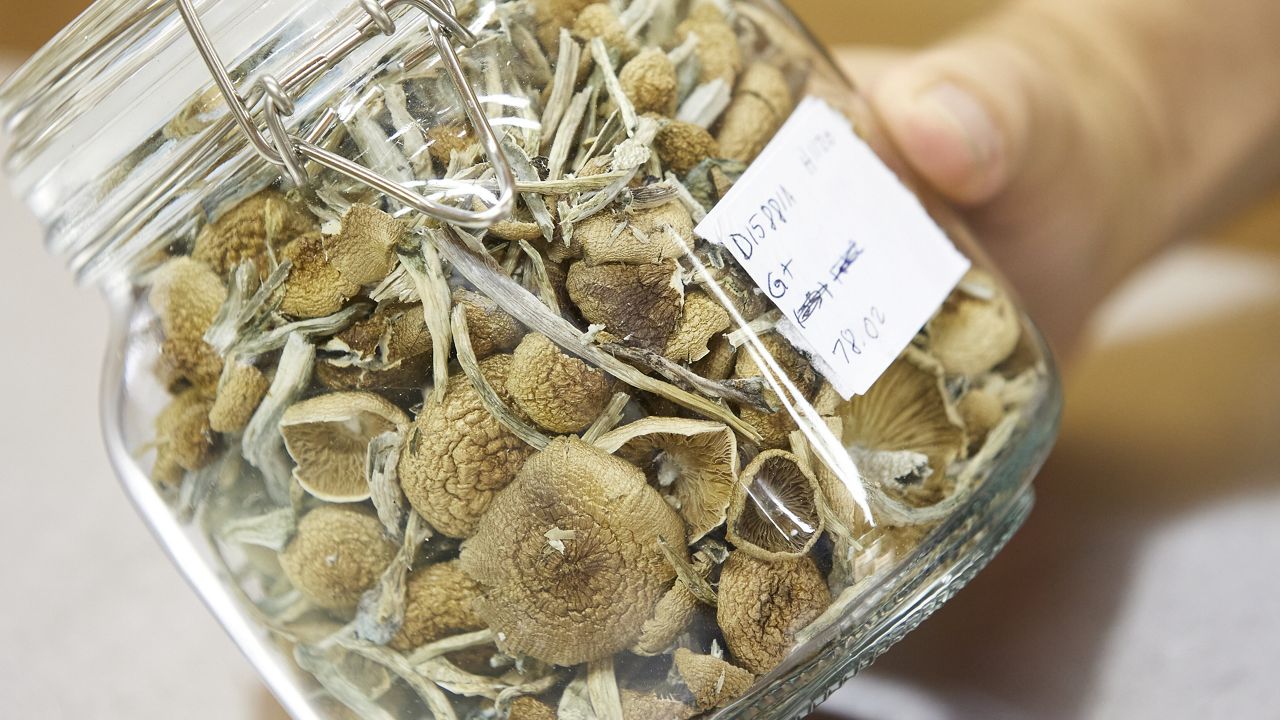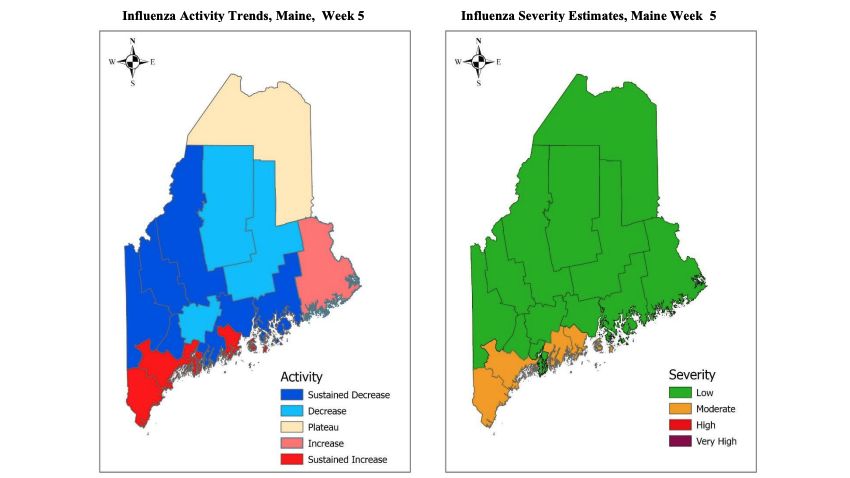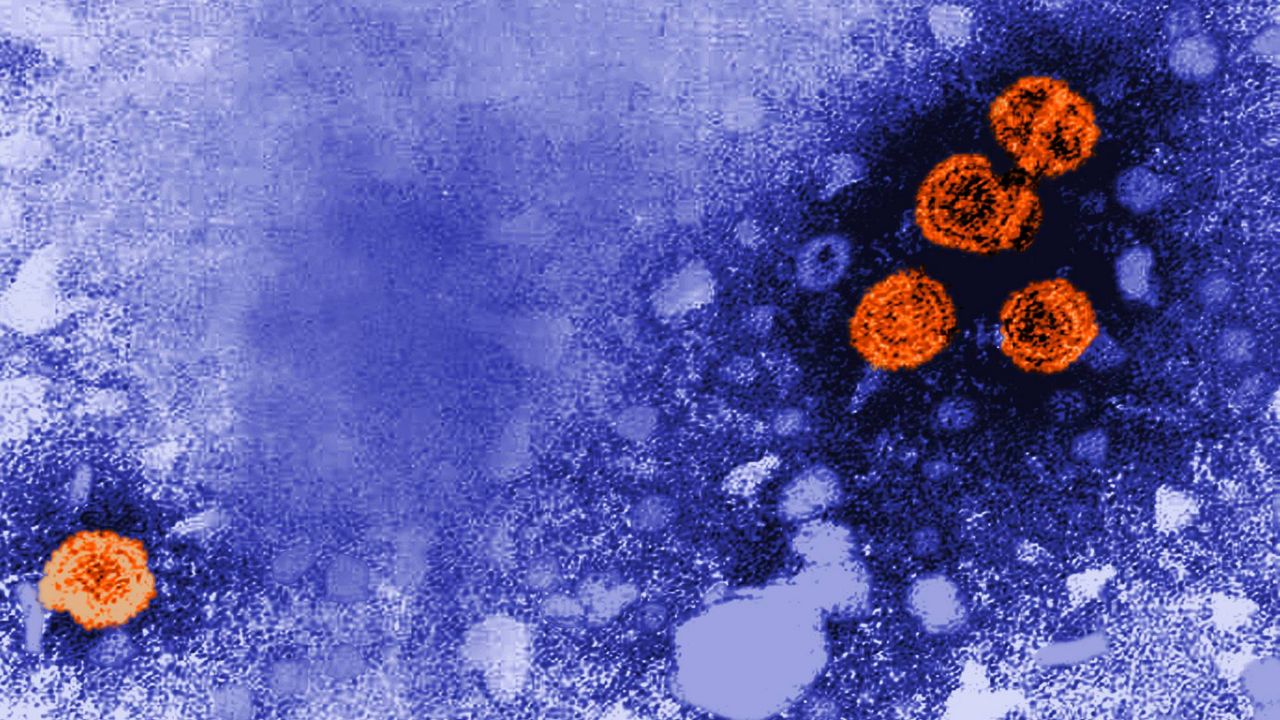Farmers called on lawmakers and Gov. Janet Mills to find additional funds to fight PFAS contamination on farms, saying Maine is leading the nation in identifying and fighting the harmful chemicals.
The comments came Monday at a public hearing on a draft plan to spend $37 million on direct support for farmers, $25 million on land purchases, $10.7 million on research, and more than $7 million on health initiatives such as blood tests and medical monitoring.
The roughly $80 million proposal is $20 million more than what’s in the fund now.
“None of these proposals should need to compete for funding,” farmer Adam Nordell said. “We shouldn’t shortchange our response to this crisis.”
The fund established in 2022 seeks to address the needs of farmers who have discovered high levels of PFAS on their farm fields and others who have high levels of the contaminants in their well water.
The term PFAS covers thousands of chemicals that repel oil, grease, water and heat, according to the draft report. They were used for decades in non-stick cookware, stain-resistant carpets and furniture and food packaging.
It was first discovered in Maine in 2016 at an Arundel dairy farm and since then, more than 50 farms statewide have been impacted. It was spread at farms through sludge from wastewater treatment plants, a common practice across the country.
That Arundel farmer, Fred Stone, said he’s suffered serious health conditions, including Parkinson’s disease, because of his exposure to the chemicals.
He described the $80 million as “a drop in the bucket,” agreeing with others who said the state does not yet know the full extent of the problem.
“Maine is at the tip of the iceberg on this,” he told members of the state’s PFAS Fund Advisory Committee. “We are the gold standard on what other states are looking to do.”
The draft plan notes that 98% of Americans have PFAS in their blood, although most are at low levels. Prolonged exposure to higher levels have been linked to high cholesterol, decreased fetal and infant growth, and kidney, testicular and breast cancer, according to the report.
“The discovery of PFAS at impacted farms is devastating,” the report reads. “Products often must be pulled from the market. Plans and expectations are dashed. Market share and reputation are, at least temporarily, diminished. And health concerns are paramount.”
Some of those who testified Monday singled out mental health needs as particularly important areas that should be fully addressed.
“I can’t emphasize how important mental health and wellbeing is in consideration of all this work you are doing,” said Leslie Forstadt, a professor at the University of Maine Cooperative Extension. “On a good day, farmers are stressed and many could benefit from mental health counseling and behavioral health supports.”
She suggested the state create a permanent state-funded program to support farmer mental health, similar to one launched in Vermont following a dairy industry crisis.
Of the $37 million designated for direct support to farmers, $15 million in earmarked for income replacement and $17 million for infrastructure, such as a greenhouse or barn that could be used to help the farmer try new production methods.
More than $19 million is for land purchases. The proposal calls for impacted farmers to approach the state if they want to sell and for the state to pay fair market value for the land as if it were not contaminated.
The state would then own the land with the goal of eventually returning it to agricultural production.
Public comments on the plan will be accepted until Monday, with the goal of finishing the plan by the end of July and dispensing money later this summer, said Beth Valentine, PFAS fund director.
Heather Spalding, deputy director of the Maine Organic Farmers and Gardeners Association, said the state will face continued difficult decisions as it navigates how best to address the PFAS situation.
“Maine is the model for the rest of the country,” she said. “The more you do publicly the better it will be for neighboring states who are just starting to confront this.”









